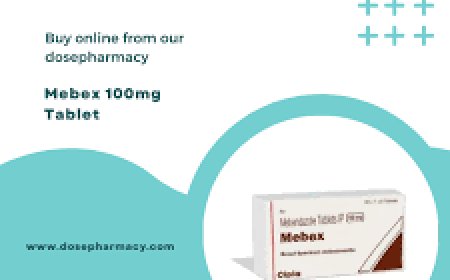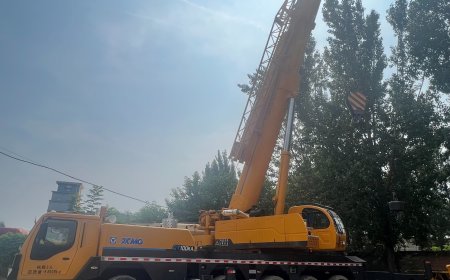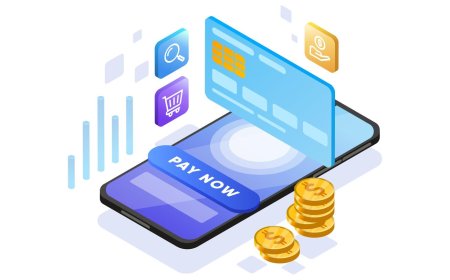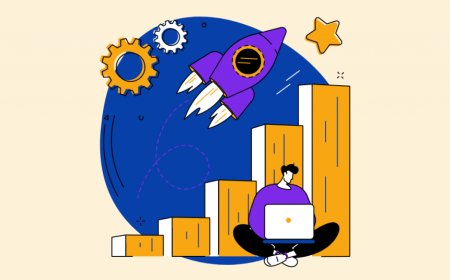AI in 2025: The Future of Homes, Healthcare, and Education Starts Now
AI in 2025 is reshaping homes, healthcare, and education with smart assistants, personalized medicine, and adaptive classrooms discover how everyday life is evolving.

Imagine waking up to a home that knows exactly how you like your coffee, reminds you to take your morning meds, and suggests a quick tutorial to prep you for that big presentation all before youve even rolled out of bed. Sounds like science fiction, right? Yet, in 2025, this is the reality ofAI in everyday living. From our kitchens to classrooms to clinics, artificial intelligence is weaving itself into the fabric of everyday life, and the future starts now.
Morning Magic: AI in Your Home
You pour yourself a latte brewed by your smart coffee maker, which learned your just right strength after a week of adjustments. Meanwhile, your digital assistant has already run a quick health check tracking your sleep data, stepping in as your personal wellness coach.
Smart thermostats adapt room temperature based on your habits.
AI-powered security systems learn who belongs and who doesnt, reducing false alarms.
Voice assistants help you manage grocery lists, family calendars, and even suggest travel itineraries based on your mood.
These ai tools arent just gadgets; theyre collaborators, anticipating your needs and freeing up chunks of your day.
Revolutionizing Healthcare: Your Digital Doctors Visit
Remember the last time you dreaded scheduling a doctors appointment? In 2025, virtual health check?ins are as common as video calls. AI-driven symptom checkers guide you through a conversation: asking about your headaches intensity, pinpointing when it started, and learning from millions of previous cases.
Take Mayas story: shes a busy project manager who noticed a nagging cough. Instead of waiting weeks for an in?person visit, she used an AI triage app. Within minutes, it recommended a telehealth consult, flagged potential allergies, and even scheduled a follow-up reminder. No more guessing games just clear, data?backed insights.
Diagnostic imaging enhancements: AI algorithms spot early signs of illness in X?rays or MRIs, often before human eyes detect them.
Personalized treatment plans: Machine learning models analyze countless medical records to suggest therapies tailored to you.
Medication management: Smart pill dispensers track dosages and alert you (or a caregiver) if a doses missed.
This isnt replacing doctors its equipping them. Physicians can now focus on empathy and complex decision-making, while AI handles routine analysis.
Reimagining Education: Adaptive Learning for All
Walk into a 2025 classroom, and youll see students on tablets interacting with lessons that adjust in real time. Struggling with fractions? The system introduces new examples and mini?games to reinforce concepts. Mastering Shakespeare? It dives deeper into text analysis, offering creative prompts.
Consider Jamal, a high schooler passionate about coding but challenged by Shakespearean sonnets. His AI tutor recognized his pattern when grammar rules felt abstract, he excelled when visuals and code analogies paired with literature. By weaving programming metaphors into English lessons, Jamals confidence soared.
Real?time feedback: AI grading tools highlight strengths and pinpoint areas for practice.
Customized pacing: Students advance at their own speed, ensuring no one falls behind or gets bored.
Global classrooms: Language translation AI connects learners worldwide, fostering diverse perspectives.
These technology-driven shifts empower teachers to spend more time mentoring and less time grading.
Beyond the Basics: AI on the Go
Its not just home, health, and schools travel has its own AI renaissance. Imagine planning a weekend getaway: you tell your smart assistant you want a chill beach trip under $500. Within seconds, it proposes an itinerary, books flights, hotels, and even suggests off?the?beaten?path cafes. Once you arrive, AI navigation apps reroute you away from congestion and highlight local events youd love.
Plus, wearable AI devices monitor your vitals during hiking or diving trips, alerting you if dehydration or fatigue could become dangerous. Its like having a seasoned travel guide and a safety net all in your pocket.
Getting Started: Embracing AI in Everyday Life
If youre exploring a career in IT or simply curious, here are practical steps:
1. Experiment with entry?level tools. Try a smart speaker routine, a fitness app with AI coaching, or a free virtual health checker.
2. Learn the basics of machine learning. Online platforms offer beginner-friendly courses understanding the why helps you see potential use cases.
3. Build small projects. Automate a home task or analyze your fitness data. These hands?on experiences sharpen your skills.
4. Join communities. Forums, local meetups, or hackathons connect you with peers and mentors shaping AIs future.
The beauty of artificial intelligence is its versatility. Whether youre automating chores or designing the next AI tool, theres room for every passion.
Conclusion: The Journey Ahead
AI in 2025 isnt a distant promise its our daily companion. Its brewing our coffee, cheering on our health, customizing our education, and guiding our travels. As these ai tools become more intuitive, theyll unlock creativity and opportunity we cant yet imagine.
Ready to dive in? Start small, stay curious, and remember: technology is at its best when it amplifies our humanity. Heres to a future where AI enhances the richness of our everyday life, one smart solution at a time.



























